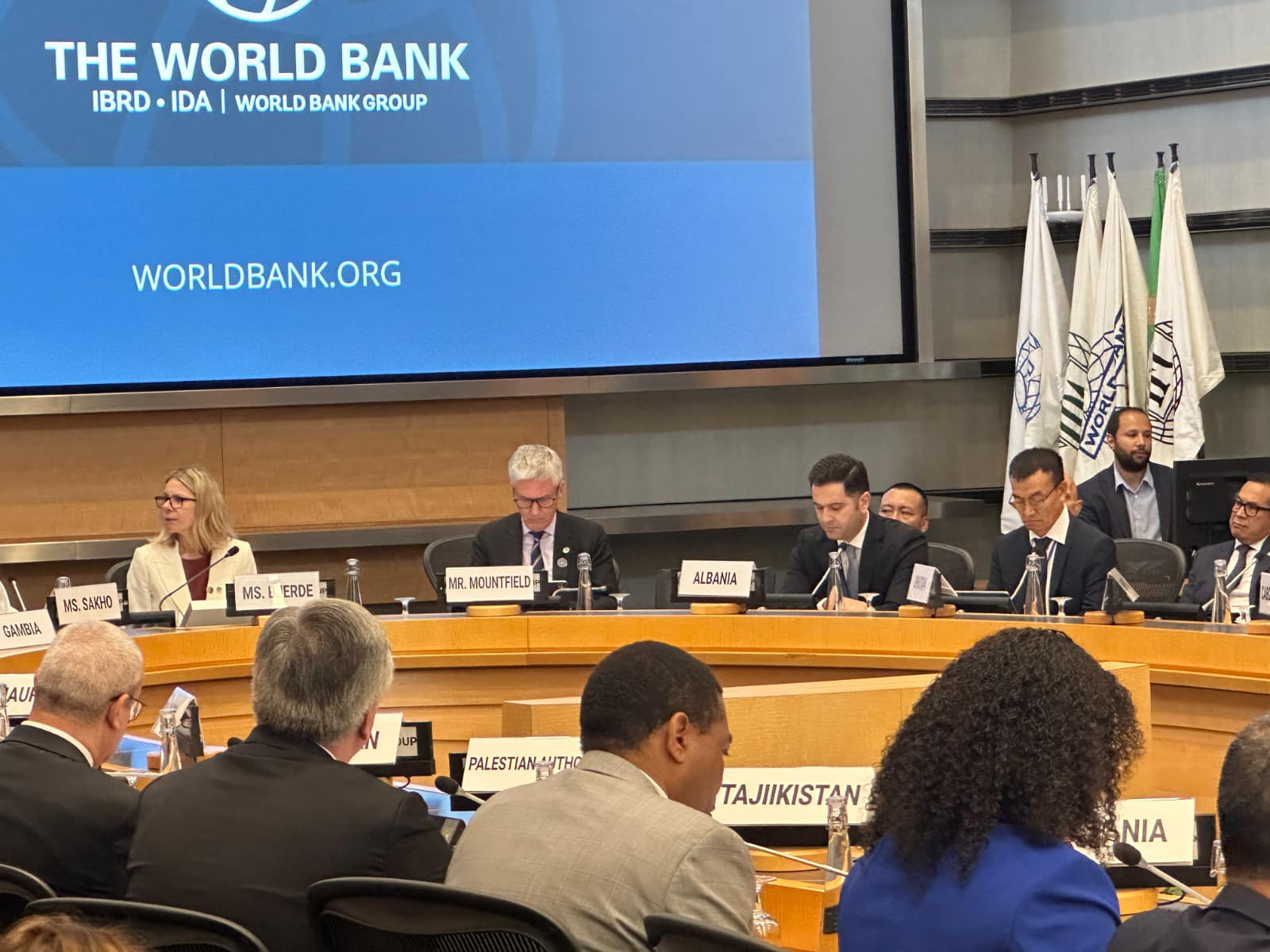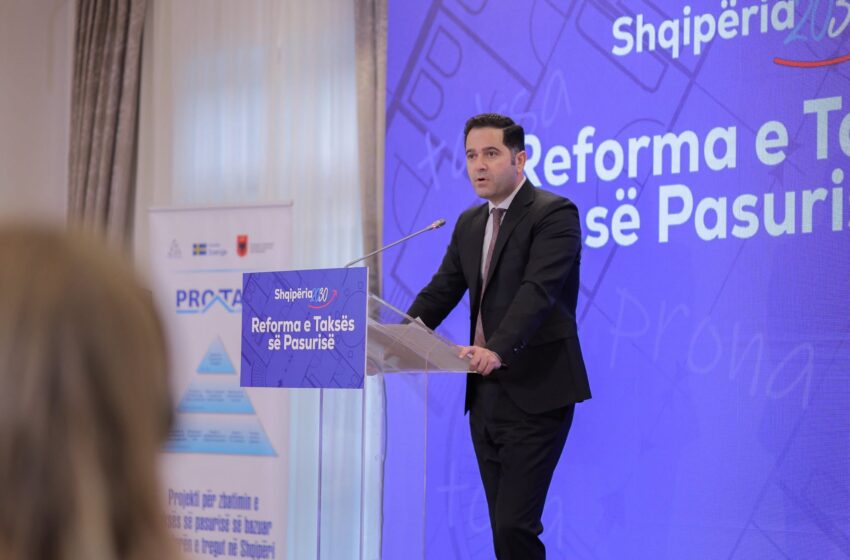Albania’s push for project efficiency with World Bank initiatives

In a recent ministerial meeting held by the World Bank in Washington, Albania’s Finance Minister Petrit Malaj highlighted key initiatives aimed at improving the effectiveness of development projects. This meeting, part of the annual gatherings of the International Monetary Fund and World Bank Group, focused on two new proposals: enhancing project preparation without adding to public debt, and establishing an academy to build administrative capacity.
Why does it matter: These initiatives are significant as they aim to optimize project outcomes, ensuring better alignment with Albania’s Medium-Term Budget Program. By leveraging grants and training, the government intends to improve financial management, reduce preparation time, and enhance project implementation quality, in the context of continuing EU accession talks.
The first initiative involves mobilizing grants to fund project preparations, allowing for better planning without increasing the public debt. This approach aims to boost the quality of projects, making them more efficient and impactful. The second proposal focuses on developing a specialized academy to strengthen the skills of public administration workers in managing complex projects. This aims to create a more capable workforce, able to drive projects from conception to completion more effectively.
Additionally, the Ministry of Finance supports using artificial intelligence (AI) to refine procurement processes, increasing transparency and speeding up procedures. With these combined efforts, the government seeks to establish a more agile, results-oriented framework that could transform public sector efficiency and contribute to sustainable development.


